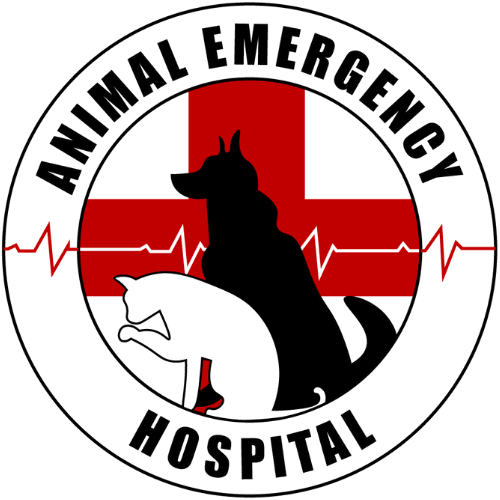Five Household Toxins to Look Out For
With National Animal Poison Prevention Week coming up from March 19 to 25, our team is here to inform you about the most common household items that can be toxic for your furry friends.
#1: Medications
Animal poison control centers are invaluable resources when it comes to pets ingesting household hazards, such as medications – from a full pack of beef-flavored heartworm preventives to their owner’s prescription heart medicine. Especially food driven canines have the tendency to grab pills that were dropped before their owners could retrieve them. Furthermore, they may even inspect visitors’ bags for pill bottles or pilfer off countertops where these items are often left unsupervised. Therefore, if your pet has consumed medication in any form whatsoever, you must contact a trustworthy animal poisoning hotline immediately; overdoses can be fatal and dangerous for our beloved animals!
#2: Food
The kitchen is like a paradise to your pet – filled with delectable and hazardous food. Unfortunately, chocolate, macadamia nuts, xylitol, avocados as well as unbaked yeast dough can cause serious illnesses such as kidney failure or alcohol poisoning in pets. To prevent counter-surfing by your pet while you are cooking in the kitchen and inquisitive noses from rummaging through the trash bin for treats that may hurt them; purchase a lockable garbage container.
#3: Household chemicals
To ensure the safety of your pet, it is important to store all hazardous chemicals away from them. Here are some common household chemicals that can be highly dangerous if ingested:
- Cleaning products
- Disinfectants
- Aerosol air fresheners and other products
- Candles
- Antifreeze
- Windshield washer fluid
- Paint
- Glue
- Nail polish remover
#4: Houseplants
Not all houseplants are safe for your furry friends; certain flowers and their associated chemicals have the potential to be poisonous. Lilies, in particular, can lead to fatal circumstances if cats come into contact with even a small amount of pollen from these plants. Other indoor threats include dieffenbachia, elephant ear and spider plants while ivy and oleander pose danger outside as well. For peace of mind before bringing a bouquet inside or planting something outdoors, please check the ASPCA’s toxic plant list so that you can keep beautiful blooms without putting pets at risk!
#5: Batteries and coins
Batteries and coins can cause metal poisoning if ingested. If your pet chews and punctures a battery, they can suffer from chemical burns. Intact batteries swallowed whole can become a gastrointestinal blockage.
If you suspect that your pet has been exposed to a dangerous substance, don’t hesitate – call our team immediately!


